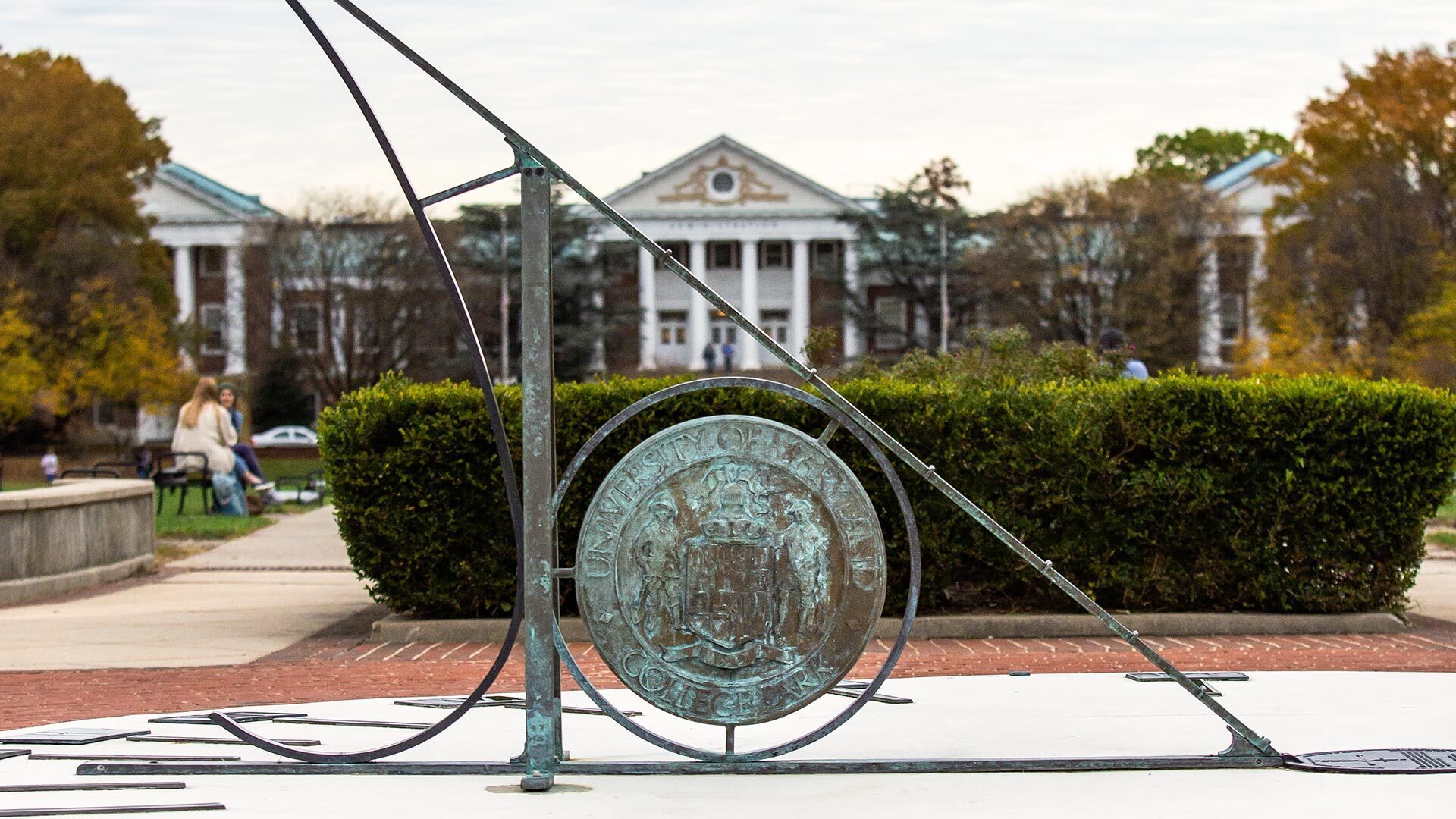- October 14, 2019
- By Chris Carroll
A solid federal funding landscape for science coupled with the University of Maryland’s leadership in growing research areas were key factors in a record $570 million in research awards for fiscal year 2019, the university’s top research administrator said.
The number—a $24 million jump from last year—also reflects UMD’s dynamic faculty, excellent new hires and commitment to building relationships with funding partners, said Laurie Locascio, vice president for research.
And then there’s the university’s continuing reputation as a go-to place for research collaborators in disciplines ranging from the physical to social sciences to the humanities, she said.
“The headline is the $570 million and that our research enterprise is growing, but the real story is the impact that is being made on people’s lives all across society as a result of the research done at this university,” Locascio said.
In addition to funding support for key government partner agencies, UMD is getting a boost because of its high rankings in quantum science and artificial intelligence, two areas that federal authorities recently named national research priorities, said Eric Chapman, associate vice president for research development.
“The breadth and the diversity of the entire research enterprise is there to begin with, but we also have critical mass in these really two extremely big, timely areas with lots of federal and private investment,” he said.
While the bulk of Maryland’s research funding comes from federal agencies, the university is looking at growth opportunities with foundations and corporate partners, which increasingly are looking to establish strategic ties, Locascio said.
“In the past, many companies entered into university relationships by engaging PI to PI ,” she said. “The new way of doing business seems to involve a whole-of-university approach where corporations look to universities as strategic partners. They assess universities by the talent of the research faculty, but they also assess how well the university works with companies and how it prioritizes its corporate relationships. These kinds of partnerships bear fruit for decades, and that’s where we see opportunity to grow.”
Significant awards from across campus for fiscal 2019 included:
- The National Atmospheric and Oceanic Administration awarded $175 million over five years to fund the new Cooperative Institute for Satellite Earth Systems Studies based at UMD. It will conduct collaborative research to help gain greater understanding of human interactions with the natural atmosphere-ocean-land-biosphere components of Earth.
- The Andrew W. Mellon Foundation awarded two grants totaling $2.8 million: $2 million over three years to fund the African American History, Culture and Digital Humanities initiative, and a two-year, $800,000 award to develop technology expanding digital access to books from the pre-modern Persian and Arabic worlds.
- The National Science Foundation awarded $3 million to establish the UMD Global STEWARDS (STEM Training at the Nexus of Energy, Water Reuse and Food Systems) graduate training and research program aimed at creating innovative and sustainable solutions for global food, energy and water systems.
- After renewing a strategic partnership with the university in 2018, Lockheed Martin gave $3 million to, among other things, fund aerospace research in the Alfred A. Gessow Rotorcraft Center, which will move into the planned E.A. Fernandez IDEA Factory, and to help underwrite programs to increase participation of underrepresented minorities and women in science and engineering.
- The Foundation for Food and Agriculture Research awarded a UMD researcher the New Innovator in Food and Agricultural Research Award, designed to invest in a new generation of scientists changing the way food is grown, processed and distributed, to support development of new plant genome editing systems.
- The Maryland Governor’s Office awarded $500,000 to establish the new Maryland Crime Research and Innovation Center to inform law enforcement policy and practices through interdisciplinary research and data-driven analysis to help keep the state’s residents safe.
Topics
ResearchTags
ResearchUnits
Division of Research